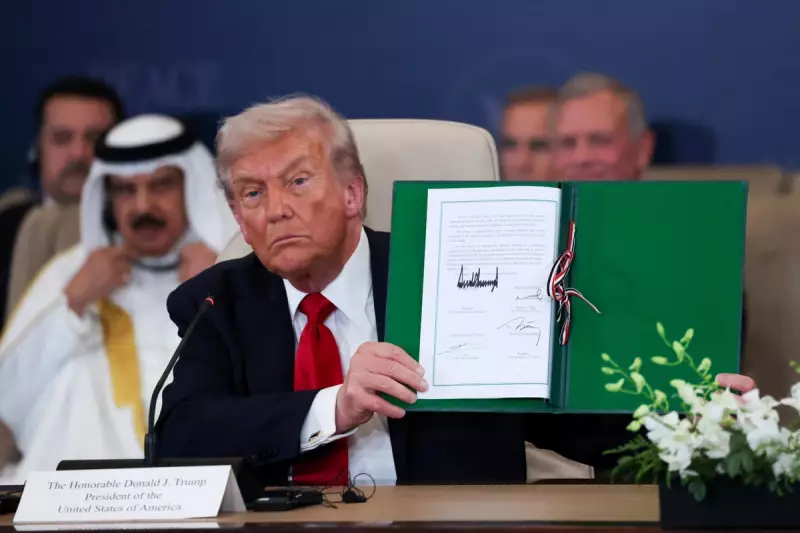
In a stunning revelation that could reshape Middle Eastern diplomacy, former Israeli Prime Minister Ehud Olmert has disclosed details of a comprehensive peace deal orchestrated by Donald Trump that was allegedly rejected by current Israeli leadership.
The Deal That Never Was
According to Olmert, the former US president had formulated an extensive agreement that would have seen the release of all hostages held in Gaza. The proposed deal represented what many analysts are calling a missed opportunity for regional stability and humanitarian relief.
"This wasn't just another proposal," Olmert emphasised in his recent statements. "It was a complete, detailed framework that addressed multiple aspects of the conflict simultaneously."
Political Fallout and Missed Opportunities
The disclosure comes at a critical juncture in Israeli politics, raising serious questions about the current government's decision-making process. Sources close to the matter suggest the rejection may have been influenced by internal political considerations rather than strategic assessment.
Middle East experts are now questioning whether this represents a pattern of missed diplomatic opportunities in the region. The timing of Olmert's revelation adds fuel to growing international concerns about the prolonged hostage situation and escalating violence.
Regional Implications
The failed deal highlights the complex web of international relations surrounding the Gaza conflict. With multiple stakeholders including regional powers and international mediators, the rejection of Trump's proposal demonstrates the challenges facing peace efforts.
Security analysts suggest that the disclosure could strain US-Israel relations at a time when coordinated action is most needed. The revelation also puts additional pressure on the current Israeli administration to justify its diplomatic choices.
As the situation continues to evolve, many are left wondering whether alternative diplomatic channels might emerge or if this represents another chapter in the long history of failed Middle East peace initiatives.





